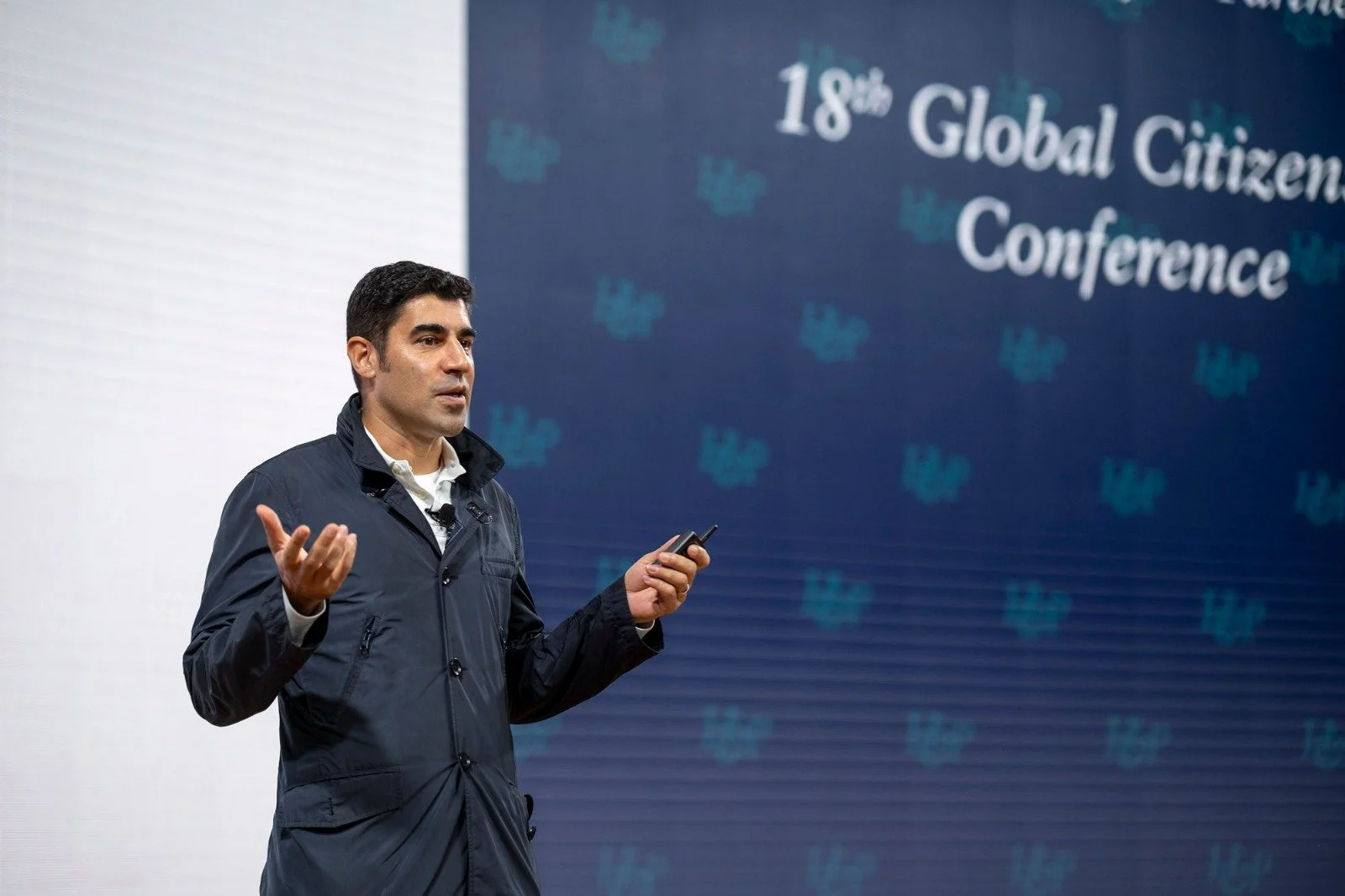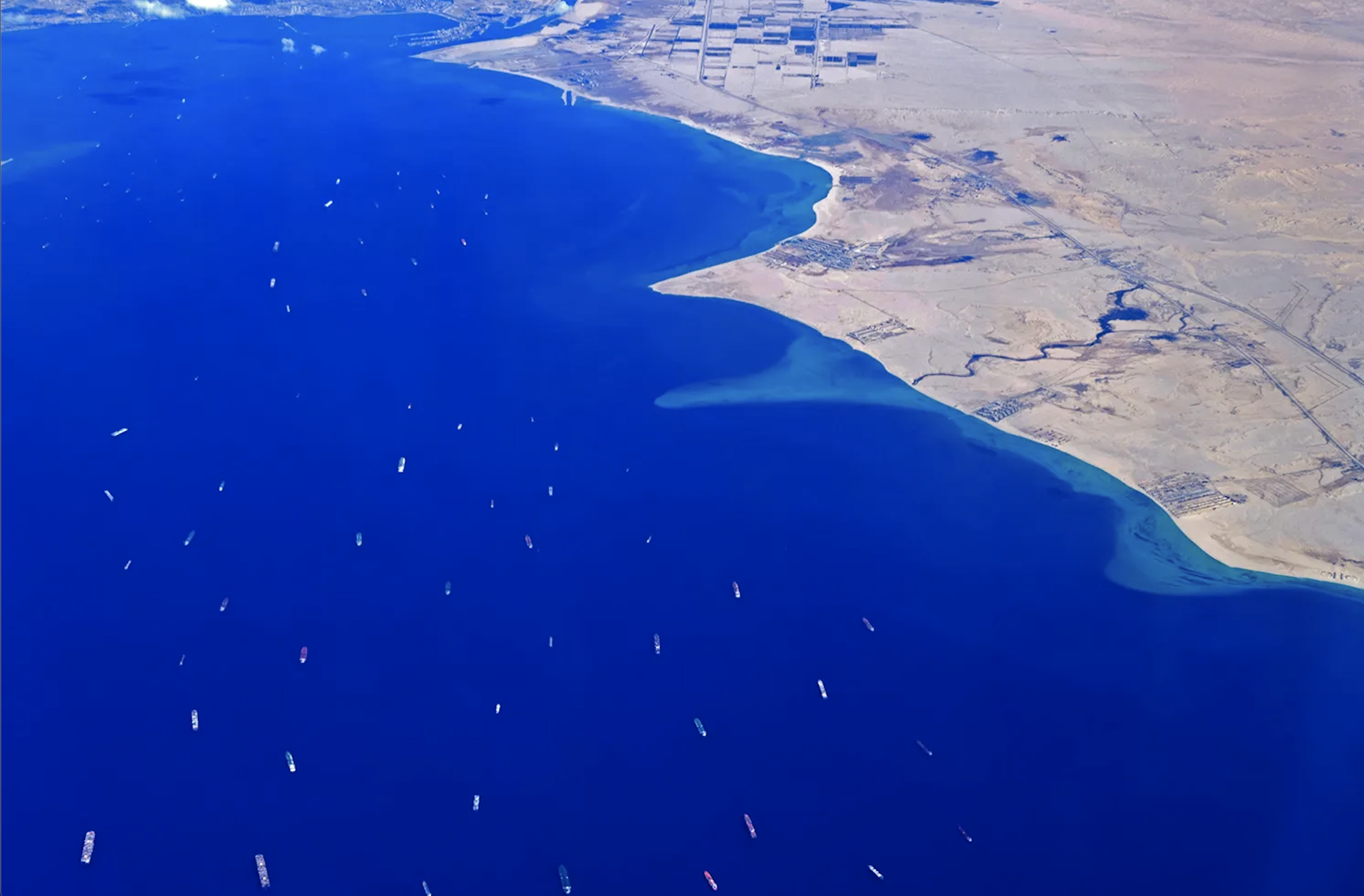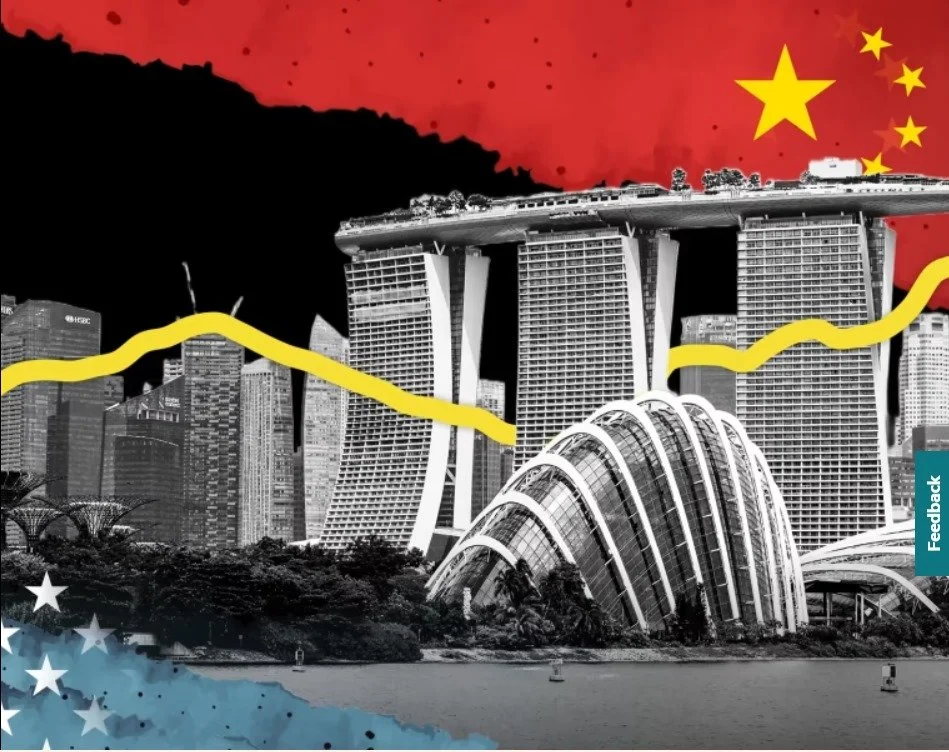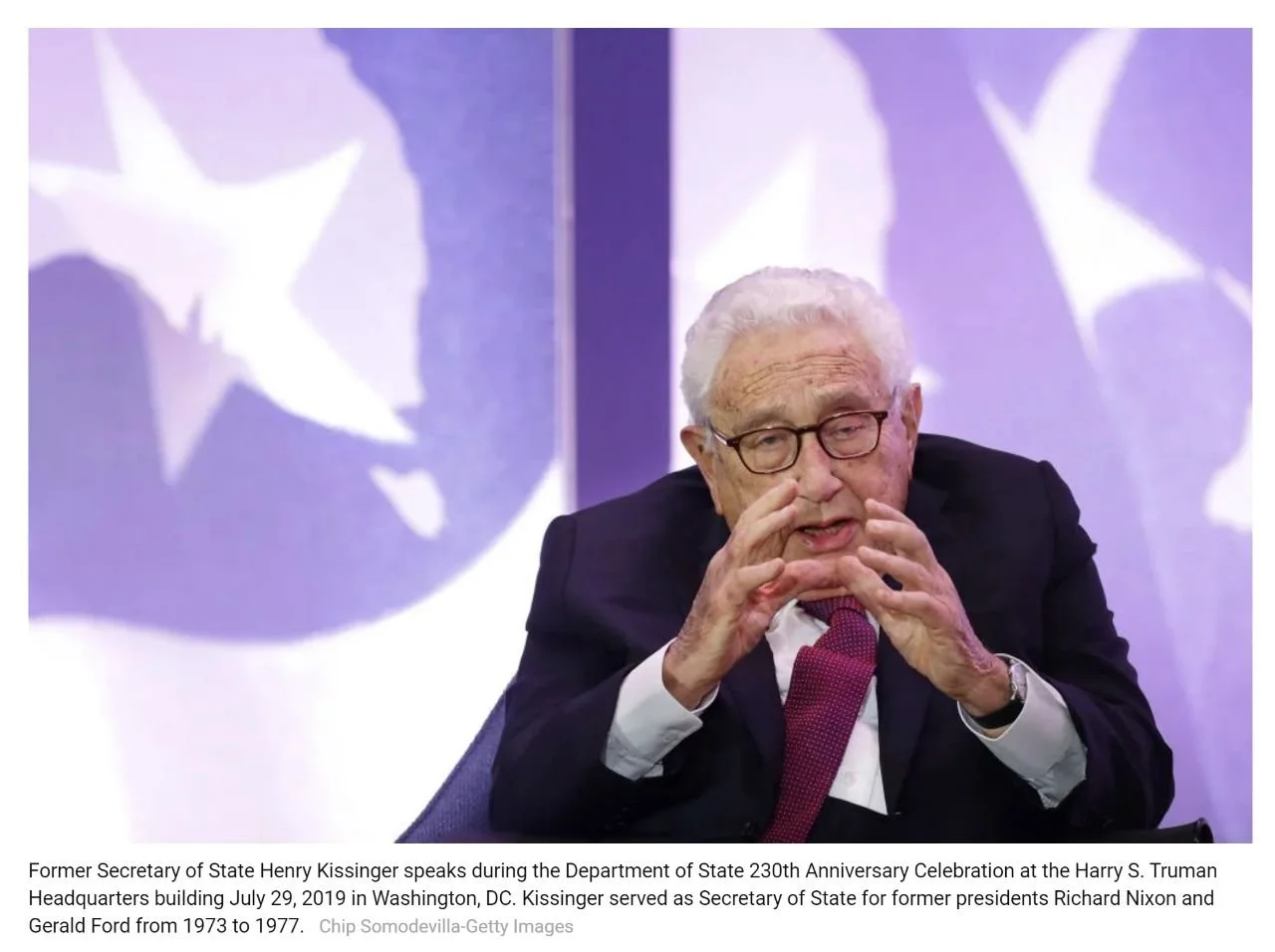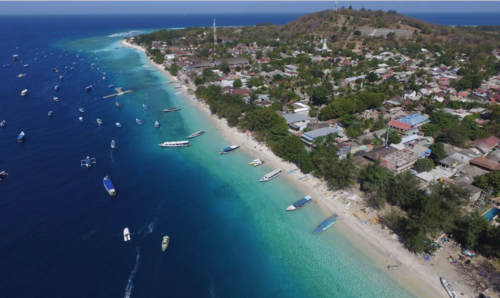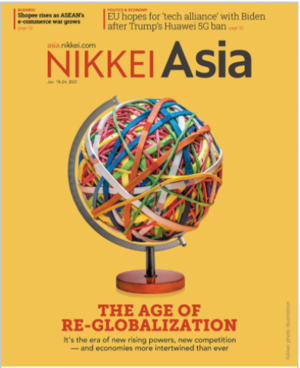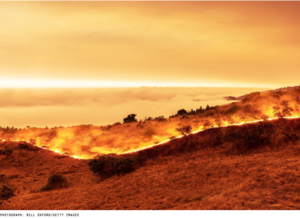Henley & Partners | 28 November 2024
Dr. Parag Khanna gave a keynote presentation at the Henley & Partners Global Citizenship Conference in Singapore emphasizing the importance of national investments in resilience to remain attractive destinations for migrants and investors during the volatile decades ahead.
Foreign Policy | 20 January 2024
The Belt and Road Initiative wasn’t a sinister plot. It was a blueprint for what every nation needs in an age of uncertainty and disruption: More belts and more roads.
Fortune | 28 November 2023
At an estimated value of over $300 trillion, land and real estate remain the world’s most valuable asset class yet it is directly exposed to climate change and demographic decline. As Khanna noted in his presentation to the Fortune Global Forum in Abu Dhabi, real estate is by definition, “trapped and immobile.”
Financial Times | 11 September 2023
“The money is pouring in,” says Parag Khanna, founder and managing partner of FutureMap, a global strategic advisory firm. Investors want somewhere “genuinely open, home to everyone and that isn’t dominated by one power. Hong Kong has long since ceased to be that pan-Asian hub.”
Time | 26 May 2023
Today’s establishment – especially those tripping over themselves to formulate a “Biden doctrine” – would do well to heed Kissinger’s insight from Diplomacy, “A leader who confines his role to his people’s experience dooms himself to stagnation.”
Henley & Partners | 10 January 2023
It is remarkable what a contrasting picture emerges from the ominous “Great Lockdown” of just two years ago. International travel is surging to record levels, dozens of countries have launched nomad visa or golden visa schemes, and relocations are surging as individuals take advantage of remote work opportunities, settle in tax-friendly regimes, or adapt to the impact of climate change on property markets.
PR Newswire | 14 September 2020
Climate Alpha announces the launch of its data-driven product suite, offering property developers, asset managers, and insurers risk-adjusted valuations, resilience scores, and site selection rankings for locations all across America and soon globally.
AXIOS | 14 September 2022
A new climate software firm that's announcing itself to the world on Tuesday says it has a competitive edge that other companies lack.
TIME | 15 August 2022
Where will the young survivors of today’s storms gather over the next 20-30 years? Which technologies will be the platforms of our future societies and economies? What new model of civilization awaits us?
Harvard Business Review | 01 August 2022
Climate adaptation initiatives deserve far greater business investment. Solutions that are low cost, proven to be effective, and have immediate impact include early warning systems for extreme weather events, coastal barriers, water desalination and wastewater treatment, vertical farming and hydroponic agriculture, improved cooling and insulation systems, 3D printed and modular housing, and many other measures. The real estate industry should take notice.
TIME | 19 November 2021
The failure of COP-26 to make meaningful impact on mitigating climate change reminds that we need an equal focus on adaptation — a priority that cannot wait for diplomacy to take its course. Fortunately, the technologies are available right now to reduce suffering for hundreds of millions of people.
The Washington Post | 17 November 2021
The country must realistically assess which geographies are becoming unlivable and which are well suited to larger population settlement. It should then offer incentives for migration toward the latter and away from the former — and direct infrastructure spending accordingly.
Scientific American | 14 October 2021
As climate change accelerates, America may be divided into liveable and unliveable zones, argue Susan Hassol and Parag Khanna in this essay for Scientific American.
Future by a16z | 13 October 2021
The passport of the future should be a global app based on skills and health rather than nationality. To get there, we'll new protocols for travel and migration based on blockchain technologies and biometrics.
Thomson Reuters | 6 October 2021
In this Reuters feature on climate prediction software and its implications for real estate, Avi Asher-Schapiro quotes Climate Alpha founder Parag Khanna and advisor Chris Marlin.
Financial Times | 3 October 2021
In a column for the Financial Times, Dr. Parag Khanna explains how climate disruptions will spark ever larger waves of mass migration and remap the human geography of the planet.
National Geographic | 29 September 2021
In the face of climate change and conflict, millions are driven to find new homes, writes Parag Khanna in this feature essay for National Geographic adapted from his new book MOVE.
Foreign Policy | 25 June 2021
In this essay for Foreign Policy magazine, Dr. Parag Khanna argues that from Covid to climate change, and geopolitics and the global economy, technocratic expertise is essential to preventing catastrophic scenarios.
Foreign Affairs | 26 April 2021
By Scott Malcomson
In this essay for Foreign Affairs, Scott Malcomson explains why globalization’s biggest winners are now on a mission for self-sufficiency.
The National Interest | 8 March 2021
By Parag Khanna
In this new essay for The National Interest, Dr. Parag Khanna argues that If there is a political system that has emerged victorious from the coronavirus pandemic, it is Asian democratic technocracy.
Foreign Policy | 17 February 2021
By Parag Khanna and Spencer Wells
In this column for Foreign Policy, Parag Khanna and Spencer Wells argue that paranoid island states have done the best when it comes to fighting COVID-19.
Fast Company | 11 February 2021
By Parag Khanna
In this featured column for Fast Company, Dr. Parag Khanna argues that it's time for a radical redesign of America's executive branch, as well as to stop confusing meritocracy with technocracy.
Nikkei Asia | 15 January 2021
By Parag Khanna
In this cover essay for Nikkei Asia, Dr. Parag Khanna argues that the future of globalization will be driven by Asia and new inter-regional patterns of trade and finance are emerging. Don't worry about globalization — make sure you have a place in it.
Noēma | 23 December 2020
By Parag Khanna
In the third instalment of this essay series on US-China relations for Noēma, Dr. Parag Khanna explains that no grand strategy can succeed in the 21st century without incorporating an element of global strategy.
Hoover Institution | 12 December 2020
By Afshin Molavi
From Rabat to Riyadh, US allies (and adversaries) across the Middle East and North Africa (MENA) region have witnessed rapid growth in economic, commercial, and diplomatic ties with China.
Rest of World | 7 December 2020
By Scott Malcomson
The internet was always supposed to take over the world. No industry had ever gone from zero to global in such a short period of time. The ascent of tech helped give new meaning to the verb scale: “to grow immense, as quickly as possible.”
WIRED | 21 September 2020
By Parag Khanna and Michael Ferrari
Parag Khanna and Michael Ferrari argue that altering Earth’s geophysical environment is a moon shot, yet it will be the only way to meaningfully slow global warming.
Project Syndicate | 8 July 2020
By Michael Ferrari, Parag Khanna, Spencer Wells
The arrival of summer in the Northern Hemisphere has brought a flurry of speculation that warmer and wetter weather will hold down the COVID-19 infection rate. But even if the hoped-for relationship between transmission and warm weather is valid, it may not be causal or straightforward, especially given seasonal behavior.
Astana International Financial Centre | July 2020
FutureMap was pleased to collaborate with the Astana International Financial Centre (AIFC) to prepare its 5th Annual Report that highlights Kazakhstan's next wave of economic reforms and investment opportunities.
DOWNLOAD PDF (ENGLISH) →
DOWNLOAD PDF (RUSSIAN) →
DOWNLOAD PDF (KAZAKH) →
Politico | 13 May 2020
By Parag Khanna and Kailash K. Prasad
The tide of migration is a force as intrinsic to human nature as climate change is to the planet. And right now, like passengers clamoring to get off the cruise ships stranded at sea, mankind more than ever is itching to move out of dangerous areas.


